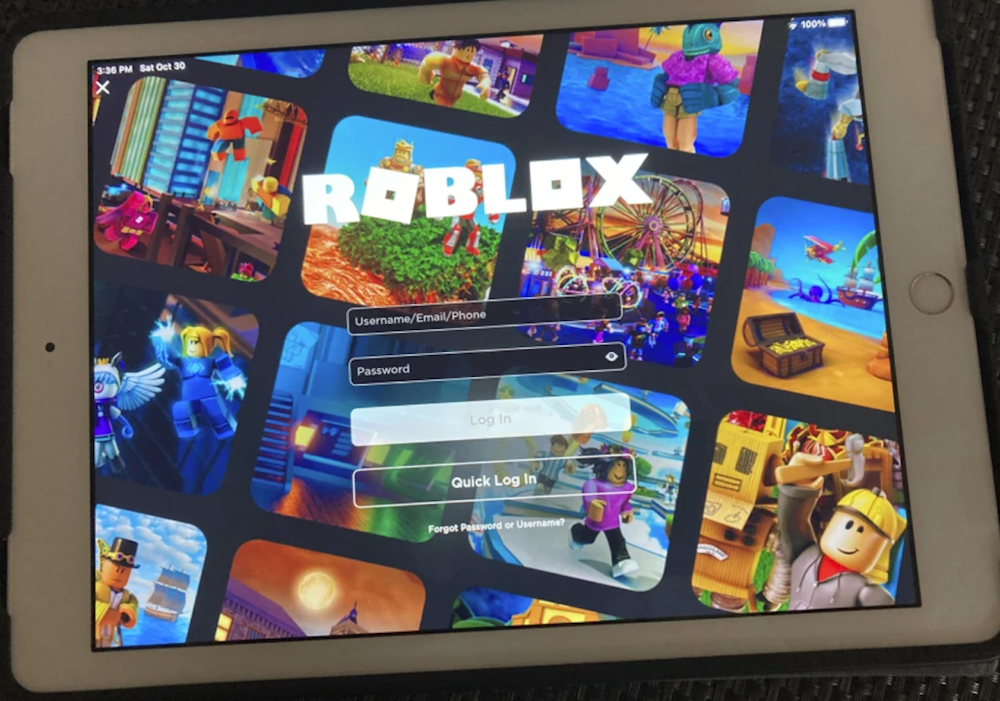The rise of the radical internet on gaming platforms: Axios
Young people are moving from mainstream social media to gaming platforms like Discord, Roblox, and Steam.
-

The gaming platform Roblox is displayed on a tablet, on October 30, 2021, in New York (AP)
While policymakers and headlines often focus on Instagram, Facebook, YouTube, TikTok, and X, a growing number of young people are gathering on gaming platforms, according to Axios. These spaces host conversations that are frequently anonymous and largely invisible to the outside world.
Platforms such as Discord, Roblox, and Steam have evolved into major hubs for social dialogue. Unlike mainstream social media apps that chase virality, these gaming platforms foster closed, long-term interactions. But they are now under scrutiny for hosting hate speech, online extremism, and exploitation in hidden forums that often escape detection until the damage has been done.
From social media to gaming: New ground for online extremism
Mainstream apps tend to amplify content publicly, making them effective channels for spreading ideologies, rumors, or disinformation. However, many of these ideas first take root in smaller forums within gaming platforms. Groups banned from traditional social networks have found new digital homes in gaming spaces and adjacent communities.
Unlike platforms such as Instagram or TikTok, users on Discord or Roblox are more accustomed to interacting under pseudonyms or fake identities. This anonymity makes it easier for individuals to share extremist ideas and prohibited content without being easily traced.
Experts warn of exploitation risks
Mariana Oleizola Rosenblatt, a technology and law policy advisor at New York University’s Stern School, said the very design of gaming platforms contributes to the spread of harmful content.
Extremists and predators go to these gaming spaces to find young people who are highly engaged and vulnerable, many of whom are eager for connection, she explained.
Harmful discussions often happen in small, private chat rooms that are closed to outsiders, Rosenblatt added.
Gaming language used to hide extremist messages
Users also exploit the gaming context by using “gaming language” to disguise extremist or dangerous ideas. This practice blurs the line between play and reality, making harmful narratives harder to detect.
Rosenblatt noted that although the platforms technically have access to this content, identifying it is like searching for a "drop in an ocean." She added that most companies have failed to invest adequately in safeguards or content moderation to protect younger users.
Not all conversations on gaming platforms are harmful. Most are ordinary discussions among gaming groups, study circles, sports fans, or local community members. However, these same digital spaces have also become fertile ground for extremism, hate speech, and exploitation, posing a growing challenge for online safety.

 3 Min Read
3 Min Read










